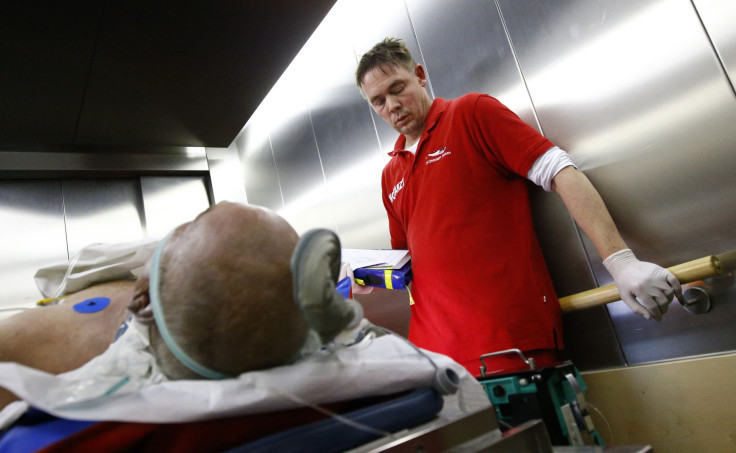Queensland cardiac patients exposed to bacteria from medical equipment

Queensland Health is contacting cardiac patients who have undergone open-heart surgery, especially heart valve replacement, as experts are concerned that they may have been exposed to a certain type of bacteria in the medical equipment used to perform the procedures.
The bacterium, mycobacterium chimaera, occurs naturally in the environment and is pretty common. It rarely causes infection. However, people with compromised or weak immune systems may develop infections and health authorities do not want to leave anything to chance.
According to deputy director-general Dr. John Wakefield, only one case of mycobacterium chimaera infection has been recorded in the past five years and it was linked to an open-heart surgery.
Wakefield also noted that the manufacture and design of certain heart bypass heater-cooler units made them vulnerable to hosting the bacterium.
“Patient safety is our number one priority and that is why we are writing to all identified public patients and speaking with clinicians, even though infection is exceptionally rare. We have an abundance of care and an abundance of caution,” Wakefield told Brisbane Times.
Health authorities have tested every unit in Queensland's public sector and cleaning is in progress. Similar warnings in other states prompted Queensland’s response. Symptoms cardiac patients should look for is a prolonged unexplained fever and weight loss.
Infection may become serious and can even take three months to five years to develop. Clinical experts, including infectious disease specialists have been consulted a range of measures have been put in place to reduce the risk of infection. Queensland patients who may have been exposed to the bacteria will receive a letter in the coming weeks.
“We expect only a very small percentage to require any sort of medical follow up and testing,” Wakefield told The Cairns Post.
Myobacterium chimaera infection in patients from heart bypass heater-cooler unit was first detected in Switzerland in 2012.






